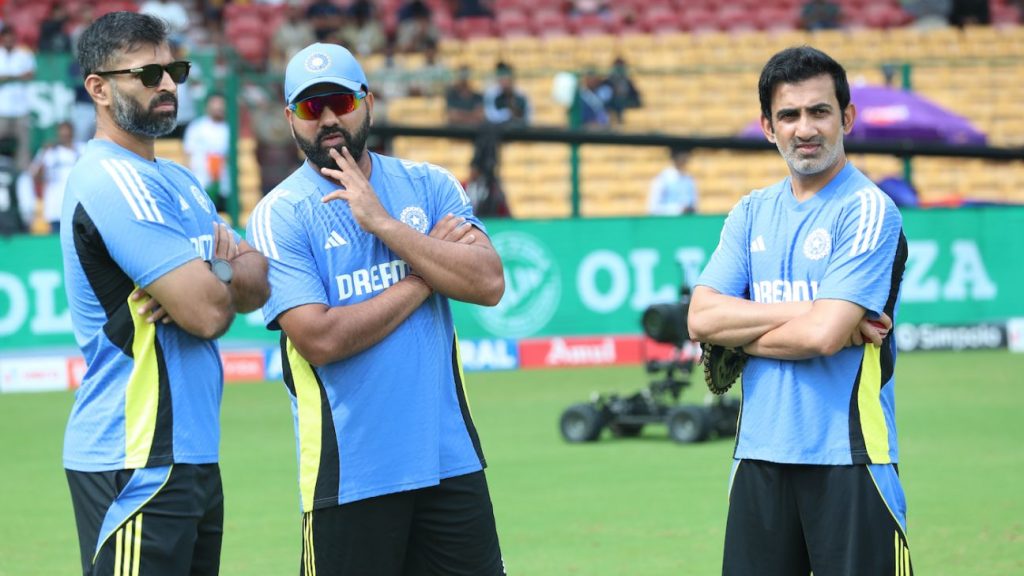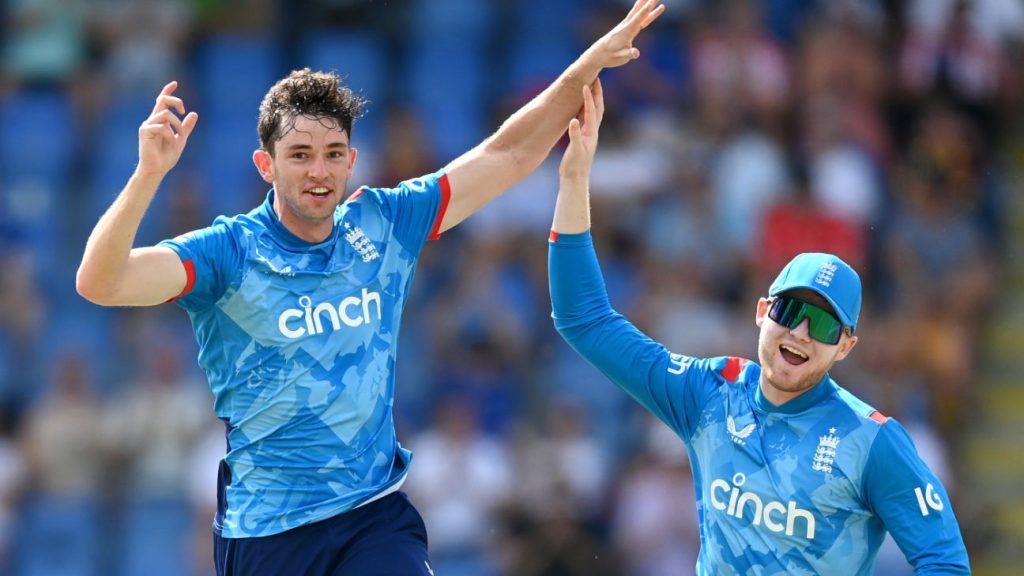At the ICC's monthly meetings in Colombo, the plan is being discussed by the boards in the form of CA and NZC.

The prospect of ring-fencing money for Afghanistan women's cricket could be raised at the ICC's annual meetings in Colombo this weekend, as the global body comes under growing pressure to act over the Afghanistan Cricket Board's (ACB) inability to field a women's team.
A number of boards, among them Cricket Australia (CA) and New Zealand Cricket (NZC), are believed to be eager to discuss possibilities of such a move at the ICC Board meeting on Sunday. The suggestion involves keeping aside a percentage of the annual revenue that is distributed to Afghanistan by the ICC as a Full Member, to be used - or saved - specifically towards Afghanistan women's cricket.
The discussion on what to do with Afghanistan - the only Full Member without a women's team, which is a key criterion of that membership - has gained urgency after a group of Afghanistan women's cricketers contracted by the ACB before the Taliban takeover, wrote to the ICC chair Greg Barclay asking for help in setting up a refugee team for them in Australia, where many of them fled.
The letter was sent in the aftermath of the Afghanistan men's team reaching its first-ever global semi-final at the T20 World Cup 2024, and acknowledged the men's achievements as well s the fact that the ACB cannot recognise a women's team because of the Taliban's restrictive policies. Since the Taliban's return to power in August 2021, women's rights in the country have been hit especially hard, with secondary education and work, as well as sporting activity, denied to them.
The 17 women cricketers have asked the ICC to recognise them as a refugee team administered by the East Asian Cricket office based at Cricket Australia.

Cricket Australia has refused to play bilateral cricket with Afghanistan, withdrawing from three series, though they continue to meet them at ICC events. They will continue with that policy in the immediate future. They are the only Full Member to frame such a policy, and act on it - no other Full Member has refused to play bilateral matches against Afghanistan.
Any such discussion in the ICC's boardrooms will come with complexities, however, given that there is little precedent for such a situation. The ICC's annual revenue distribution to members does not specify how much money they should spend on women's cricket, so working out an appropriate percentage to set aside would be a challenge.
The ACB receives approximately USD 17 million annually from the ICC as part of the revenue distribution model. It could be suggested that an escrow account is set up where the money is kept.
But who the money is directed towards will be another question. Though the 17 women who wrote in to the ICC are believed to be players contracted by the ACB in November 2020, the ICC have not officially recognised them as such. And they are unable to offer them official status, because as a member organisation, the ICC relies on inpidual boards to compile and recognise teams.
In any case, these are all questions for after such a proposal has been agreed upon. That this will happen is by no means a given, as not all boards view the issue in the same way. There are, for example, board directors who take a more sympathetic view towards the inability of the ACB to act against the Taliban government that runs the country.
Copyright Notice:
Datavictory copyrights this specification. No part of this specification may be reproduced in any form or means, without the prior written consent of Datavictory.
Link:


